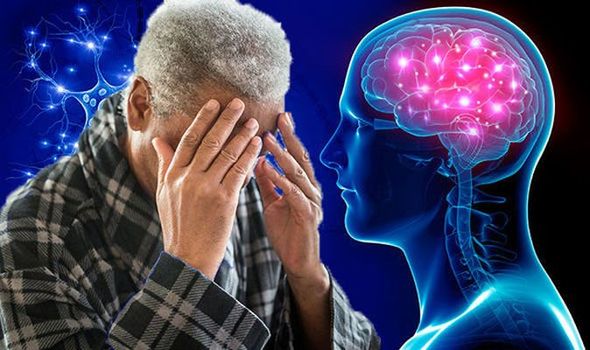
-
Published: 31 May 2023

Since its discovery, there is still no cure for Parkinson's disease, but the etiology of this degenerative disease has recently been discovered. This new discovery should help to reduce and control this disease.
Edited by |ANNA sam
Science section - CJ journalist
World – May ,31,2023
Official statistics show that more than six million people around the world suffer from Parkinson's disease. This degenerative disease leads to the constant loss of nerve cells in the brain without effective treatment. However, a recent study gave hope in the face of the possible etiology of this disease.
The study, the results of which were published in the journal "Lancet Neurology" under the supervision of the American neurologist Andrew Siderov, confirmed that the accumulation of the protein "alpha-synuclein" in the brain is already associated with certain forms of Parkinson's, which may open the way for early diagnosis of this disease.
The study concluded that the presence of elevated levels of this protein in the cerebrospinal fluid, "helps with great accuracy in determining the typical forms of Parkinson's disease".
This new study, the first of its kind conducted on hundreds of patients, confirmed that monitoring the presence of the protein "alpha-synuclein at high levels, can largely reverse a person's Parkinson's.
However, the results are uneven in accuracy. Patients with a genetic mutation known as" LRRK2", associated with certain forms of Parkinson's disease, do not systematically have these clusters. Currently, it is not possible to conduct a "biological" test for Parkinson's disease, which is currently diagnosed only by its visible symptoms.
Nevertheless, this study " lays the foundations for the biological diagnosis of Parkinson's disease," according to a commentary also published in the journal "Lancet Neurology" and reported by neurologists Daniela Berg and Christine Klein, who were not involved in the research.
The two doctors considered that the results of the study prove that the alpha-synuclein protein "changes the equation in the diagnosis, research and clinical trials of Parkinson's disease".
They also noted that what is particularly interesting is that the researchers also detected a high concentration of this protein in patients with early signs of Parkinson's disease, in particular impaired sense of smell, without proving it.
Parkinson's, along with Alzheimer's, is one of the main diseases affecting the brain. A patient with Parkinson's gradually loses the ability to move.
{source}<script async src="https://pagead2.googlesyndication.com/pagead/js/adsbygoogle.js?client=ca-pub-4474625449481215"
crossorigin="anonymous"></script>
<!-- moss test ad -->
<ins class="adsbygoogle"
style="display:block"
data-ad-client="ca-pub-4474625449481215"
data-ad-slot="6499882985"
data-ad-format="auto"
data-full-width-responsive="true"></ins>
<script>
(adsbygoogle = window.adsbygoogle || []).push({});
</script>{/source}
